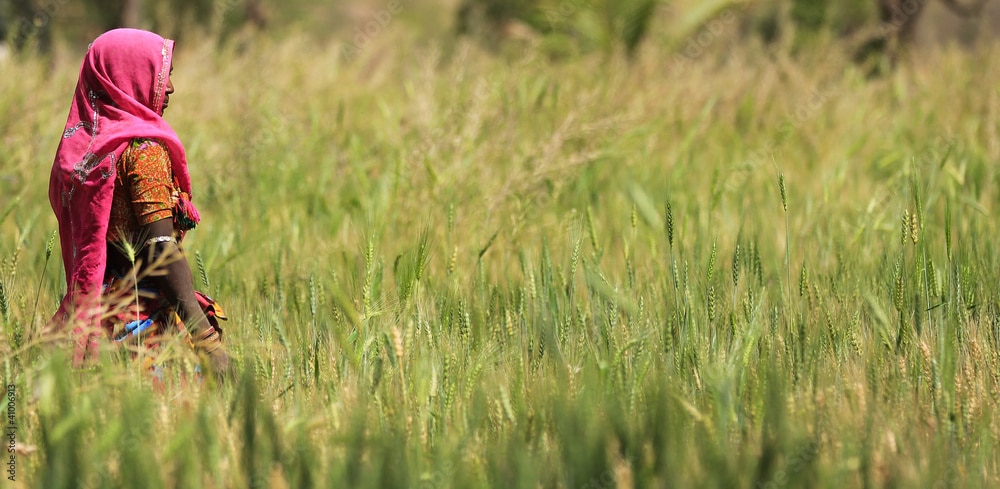
Inclusivity, sustainability, human rights. If someone were to read their declarations and trust their words, it would be easy to think that development banks are humanity’s saviours and they are making this world a better place. Unfortunately, though, these words are nothing more than a smokescreen.
On October 19-20, over 500 Public Development Banks (PDBs) will be invited to gather at the second edition of the Finance in Common (FIC) Summit. Co-organized by the Italian bank Cassa Depositi e Prestiti and the International Fund for Agricultural Development, this year’s Summit will focus on transformation of food systems.
The Summit will try to address a key question: how will we feed millions of people while tackling climate change, protecting biodiversity and ensuring development is sustainable? The problem, though, is that the people who are the most suited to answer this question have been left out of the conversation.
Despite the repeated use of the word “inclusivity”, Indigenous Peoples, farmers, fisherfolks, herders, women and local communities – who are directly impacted by PDBs projects – will have no space in the Summit. Their expertise is disregarded, their voices excluded, and their concerns will remain unaddressed.
This comes as no surprise, as this year’s FIC follows in the footsteps of another high-level international forum that has been heavily criticized for excluding local communities’ voices, despite being hypocritically branded as “people’s summit”: the United National Food Systems Summit (UNFSS).
The event, which took place in September in New York, has been marred by controversy since its outset. Hundreds of civil society organizations, grassroots groups, academics and UN experts have slammed the UNFSS for having “turned its back on those most impacted by failed food systems”, allowing big corporations to set the agenda.
At FIC, PDBs will follow suit, aligning their funding priorities with a corporate-driven international agenda which diverts funds from the public sector to the private one. A doomed model that can only exacerbate inequality, debt, and injustices.
PDBs are a key player when it comes to food systems. According to IFAD, they invest about 1.4 trillion dollars per year in the agriculture sector. They also invest heavily in polluting sectors related to food production and distribution. With their trillions, they have the power to affect the lives of millions of people.
In Morocco, for instance, several PDBs – including the European Investment Bank, the French Development Agency and the African Development Bank – have invested in a heavily polluting fertilizer factory, run by the Office Chérifien des Phosphates. People living in the nearby villages of Safi and Jorf Lasfar suffer from severe respiratory and eye diseases because of the toxic emissions and there have been reports of unusually high rates of cancer in the area.
Many PDBs also give “technical advice” and help shape national-level laws. In 2020, India approved three controversial farm bills following the recommendations of the International Monetary Fund and the World Bank. According to local farmer organizations, these policies will further impoverish them, as they will lead to the closure of regulated markets where minimum prices are assured, forcing them to negotiate prices with big agribusiness corporations.
Tens of thousands of farmers in India have taken to the streets to protest against these laws. On October 4th, the protest turned deadly: the son of a minister ran over the farmers with his car, killing four of them. A dramatic example of what can happen when policies or projects are imposed without consulting those most affected by them, who end up facing brutal reprisals simply for speaking out.
To achieve real solutions to the global food crisis and climate change, we need fully public and accountable funding mechanisms, based on people’s actual needs. Sustainable solutions already exist, but they need more support. Public funds should be supporting projects based on the agroecology model, that “embraces and encourages diversity—of crops, people, farming methods, and knowledges”. If the PDBs are unwilling and incapable of doing so, then they have no business being involved in the food system. A growing number of social movements and civil society organisations have already reached this conclusion.
* This joint op-ed was written by Lorena Cotza (Coalition for human rights in development), Collins Liko (ESCR-net), FIAN and GRAIN.
